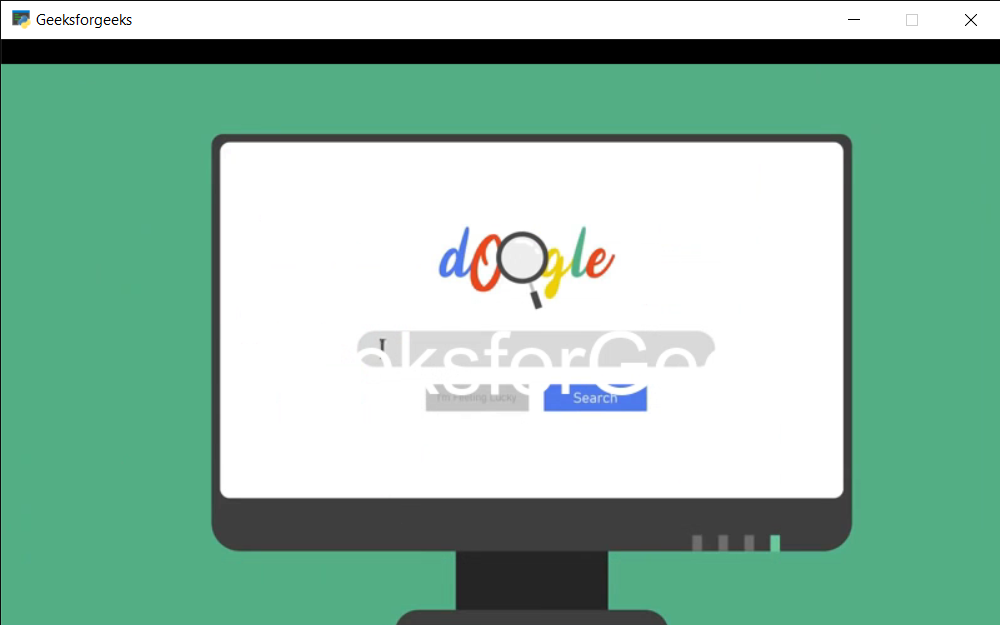PYGLET – Get Current Media Texture in Player
Last Updated :
08 Dec, 2021
In this article, we will see how we can get current media texture of player of PYGLET module in python. Pyglet is easy to use but powerful library for developing visually rich GUI applications like games, multimedia, etc. A window is a “heavyweight” object occupying operating system resources. Windows may appear as floating regions or can be set to fill an entire screen (fullscreen). This module allows applications to specify a search path for resources. Pyglet can play WAV files, and if FFmpeg is installed, many other audio and video formats. Playback is handled by the Player class, which reads raw data from Source objects and provides methods for pausing, seeking, adjusting the volume, and so on. Getting the texture for the current video frame should be called every time we display a frame of video, as multiple textures might be used. The return value will be None if there is no video in the current source.
We can create a window and player object with the help of commands given below
# creating a window
window = pyglet.window.Window(width, height, title)
# creating a player for media
player = pyglet.media.Player()
In order to do this we use get_texture play method with the player object
Syntax : player.get_texture()
Argument : It takes no argument
Return : It returns pyglet.image.Texture object
Below is the implementation
Python3
import pyglet
width = 800
height = 500
title = "Geeksforgeeks"
window = pyglet.window.Window(width, height, title)
vidPath ="gfg.mp4"
player = pyglet.media.Player()
source = pyglet.media.StreamingSource()
MediaLoad = pyglet.media.load(vidPath)
player.queue(MediaLoad)
player.play()
@window.event
def on_draw():
window.clear()
if player.source and player.source.video_format:
player.get_texture().blit(0, 0)
@window.event
def on_key_press(symbol, modifier):
if symbol == pyglet.window.key.P:
player.pause()
print("Video is paused")
if symbol == pyglet.window.key.R:
player.play()
print("Video is resumed")
player.seek(4)
player.pause()
value = player.get_texture()
print("Texture : " + str(value))
pyglet.app.run()
|

Texture :
Like Article
Suggest improvement
Share your thoughts in the comments
Please Login to comment...